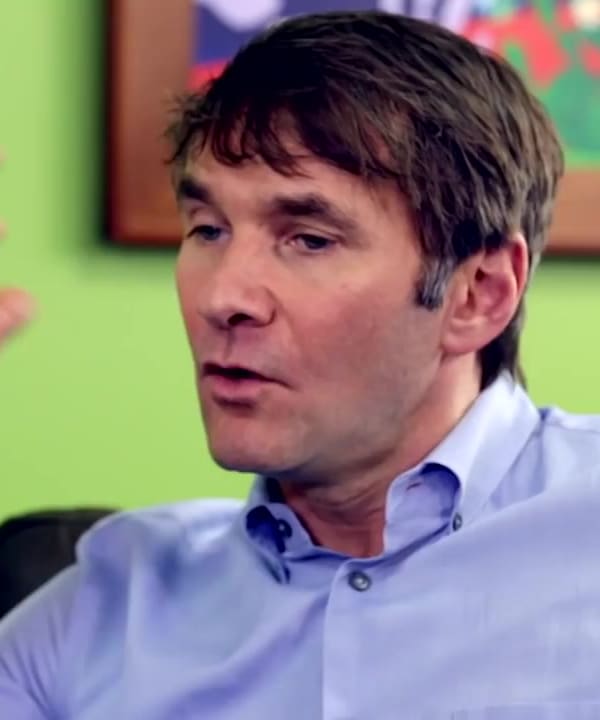Relational learnings
Sources:
Insights on Relational Learnings
Here are key insights from trusted experts on the topic of relational learnings:
-
Boys as Relational Learners: Boys often engage better in learning environments where they have strong relational connections with their teachers. Michael Reichert emphasizes that boys are relational learners, needing a connection to their teachers for better engagement and success. This relational approach can be challenging in curriculum-driven educational systems where the teacher-student relationship is not prioritized 1.
-
Revelations in Relationships: Jillian Turecki shares her biggest revelations in understanding relationships, highlighting the importance of recognizing and validating the differences between genders and the unique needs within relationships. She underscores the co-creation of relational dynamics and the necessity of mutual accountability and understanding in fostering healthy partnerships 2.
-
Building Strong Relationships: Keith Ferrazzi discusses the significance of creating a relationship action plan that includes individuals who can provide opportunities, learning, and support. He emphasizes that building a robust network requires both opportunities and continuous learning, alongside a strong support system to ensure personal and professional growth 3.
-
Thinking Relationally: Terry Real explores the concept of thinking relationally, stating the importance of recognizing we are part of a relational system. He suggests viewing relationships as ecological systems where each action has repercussions within the relationship. This perspective encourages collaboration and teamwork rather than adversarial interactions 4.
-
Relational Awareness: Oren Jay Sofer speaks on developing relational awareness, understanding that conflicts can be approached in a way that meets the needs of all parties involved. He advocates for moving beyond power dynamics and fostering mutual recognition of each other's needs to build stronger connections 5.
These insights provide a comprehensive overview of relational learnings across different contexts, from educational settings to personal relationships, highlighting the importance of connection, mutual understanding, and support systems.
RELATED QUESTIONS-
